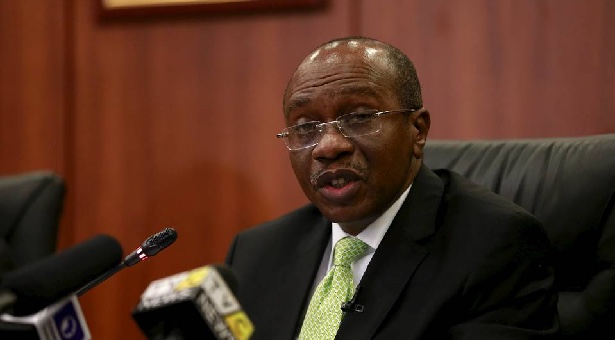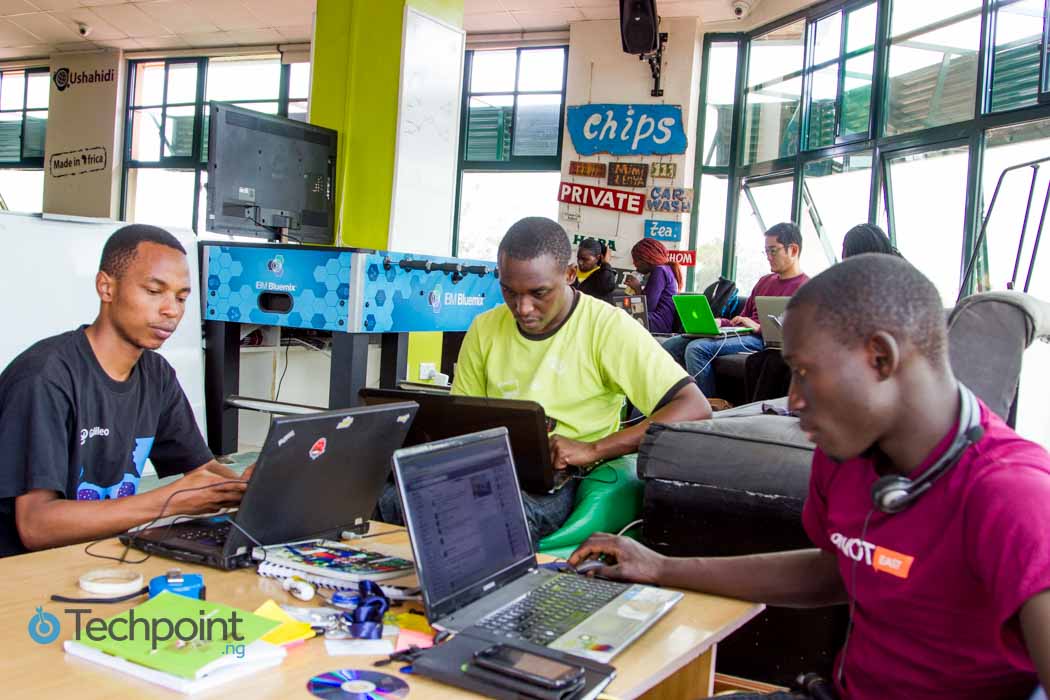The new guideline released by the Central Bank of Nigeria (CBN) may be the key for young and bright entrepreneurs to bring their products to the Nigerian market. The revised guideline for the disbursement of the N220 billion Micro Small and Medium Enterprises Development Fund released by the CBN reduces the restrictions (requirements) on the fund for Nigerian entrepreneurs.
As part of measures to get funding across to startups in the country and make the ₦220 billion MSMEDF more accessible, banks are required to take educational qualification certificates as collateral. This was included in the revised guideline for the disbursement of the Micro Small and Medium Enterprises Development fund.
On Monday night the CBN Governor, Godwin Emefiele revealed that only about 30% of the fund which was launched in 2013 has so far been disbursed. Emefiele speaking at the Bankers Committee Annual Retreat in lagos stressed the need to make funding available to young graduates by easing requirements.

The revised guideline realised by the apex bank, states that for loans granted to start-up businesses by deposit money banks and development finance institutions will have as collateral “educational certificates such as Senior School Certificate (SSCE), National Diploma (ND), National Certificate of Education (NCE), National Business and Technical Examination Board (NABTEB), Higher National Diploma (HND), University degree (NYSC Certificate where applicable) and a guarantor.”
The guideline also states that for the start-ups to access the MSMEDF they must present their Bank Verification Number (BVN) while Venture Capital Firms (VCFs) that wish to finance start-ups in form of equity participation shall be eligible to access the MSMEDF at 2% for investment in start-up projects. The collateral for such facility to the VCF shall be bank guarantee.
The ₦220 billion MSMEDF initiated by the CBN in order to address the financing gap in the MSME sector, with 60% of fund targeted at women entrepreneurs is accessible to Micro SMEs with interest as low as 9%. This is a step in the right direction as this initiative will go a long way to help combat unemployment.
Image Credit: The Will Nigeria






